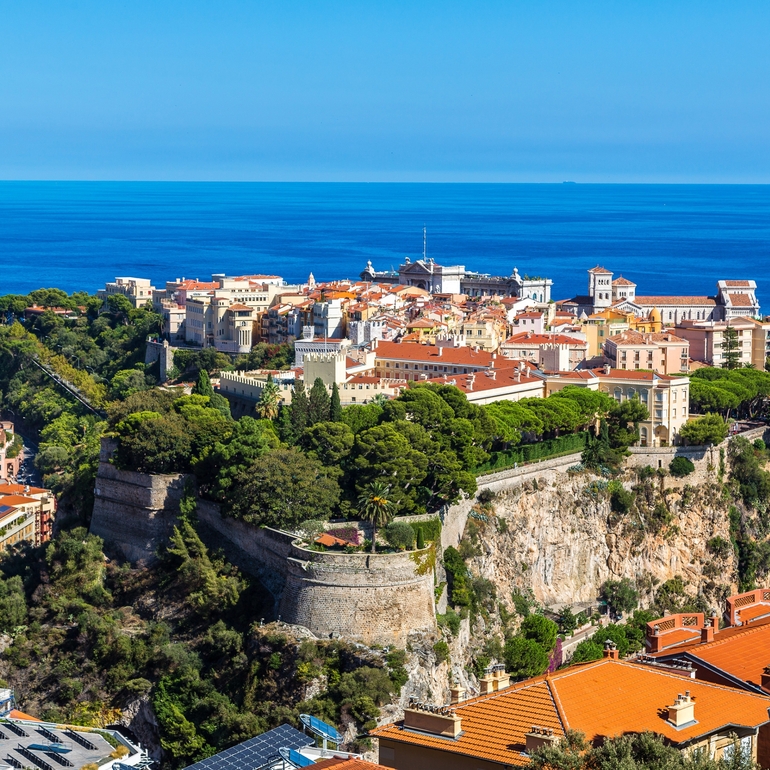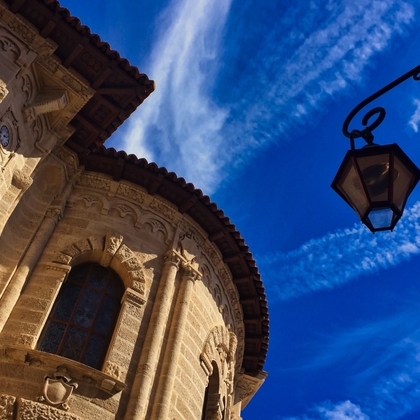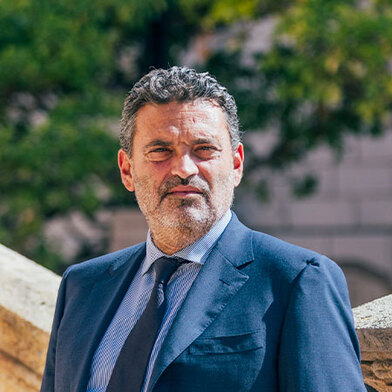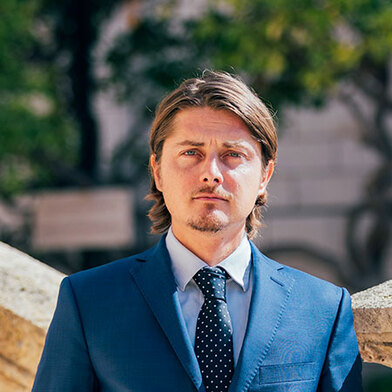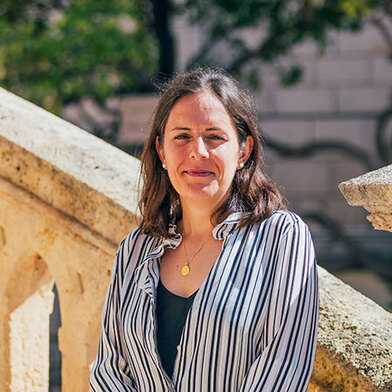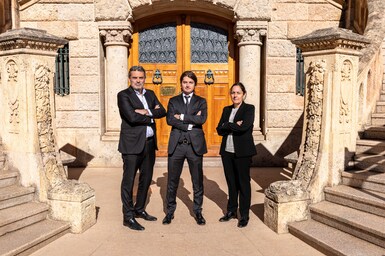
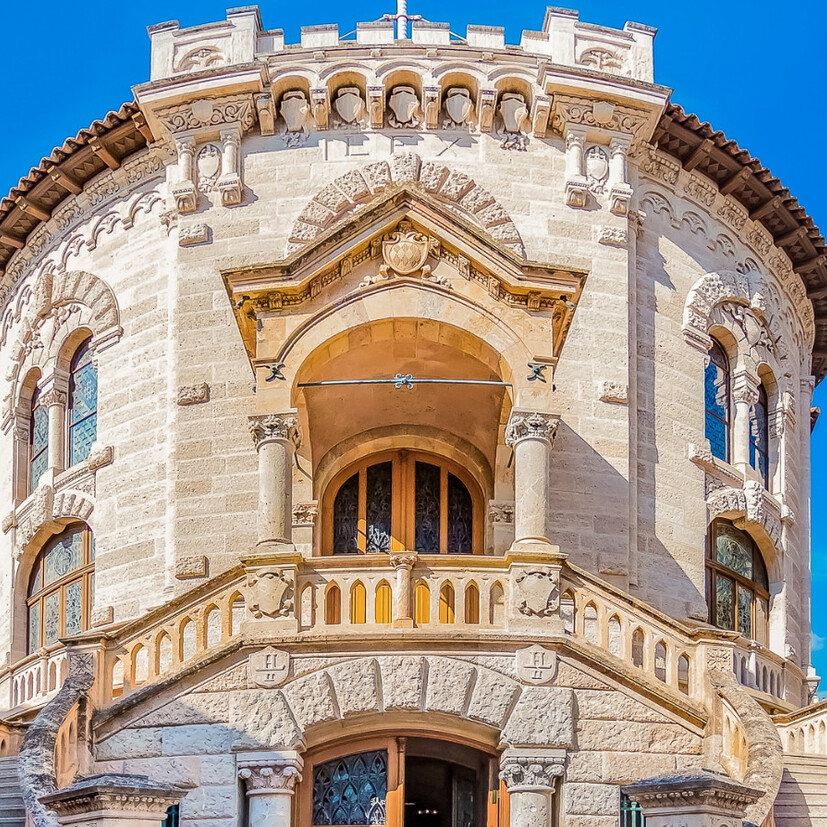
L'actualité de l'Ordre des Avocats de Monaco

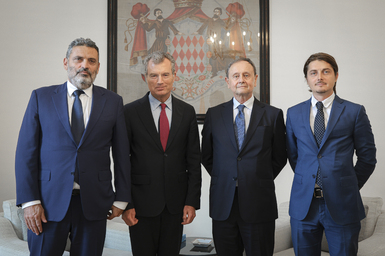
RENCONTRE AVEC SEM LE MINISTRE D'ETAT CHRISTOPHE MIRMAND
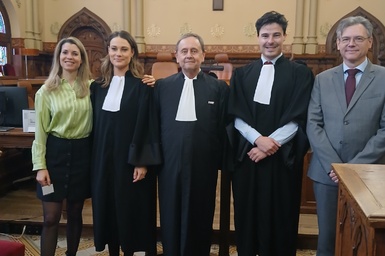
Prestation de serment de Eva BARILARO-FABRE et de Lionel DICK
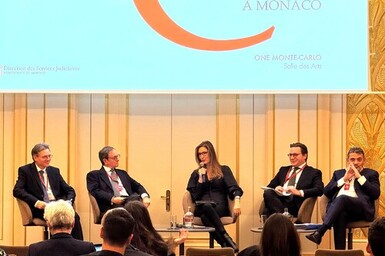
Colloque sur "le Droit des Sociétés à Monaco"
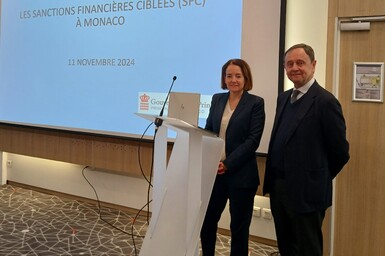
SANCTIONS FINANCIERES CIBLEES
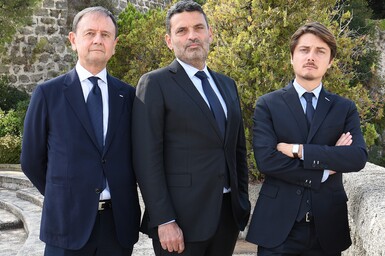
Elections du Conseil de l'Ordre 2024-25
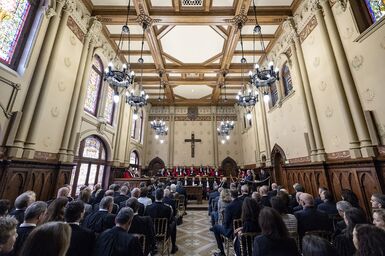
Rentrée Judiciaire 2024-25
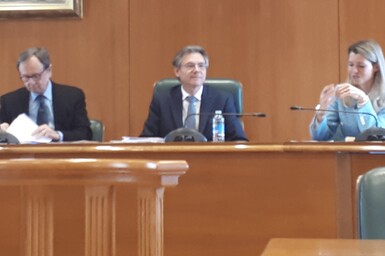
Institut Monégasque de Formation des Professions Judiciaires
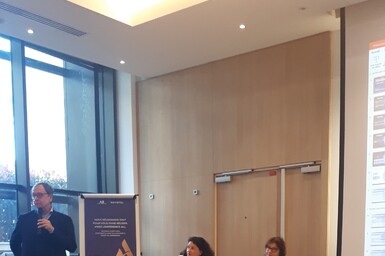
Sanctions Financières Ciblées
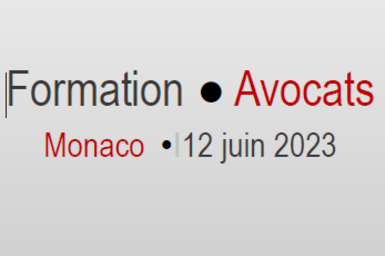
Lutte contre le Blanchiment de capitaux
Le conseil de l'Ordre des Avocats de Monaco
Les missions du Conseil de l'Ordre des Avocats Défenseurs et Avocats
Doté de la personnalité civile, l’Ordre des Avocats-Défenseurs, Avocats et Avocats-Stagiaires de la Principauté de MONACO, administré par le Conseil de l’Ordre, représente le Barreau de MONACO pour défendre l’intérêt collectif des Avocats et des Justiciables.
En savoir plus